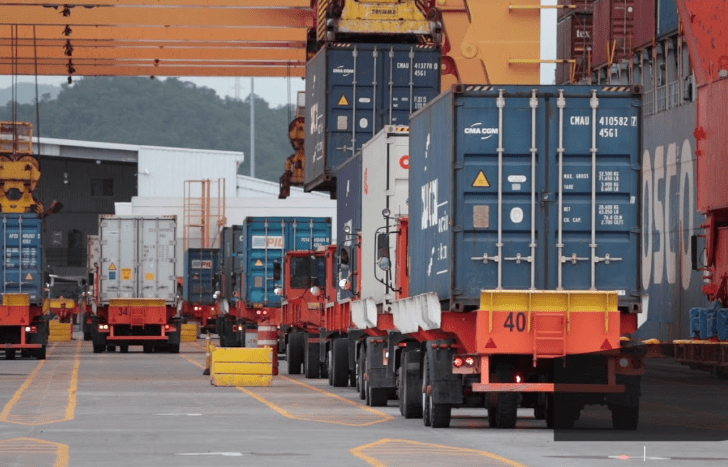The Mexican government increased import tariffs, on a temporary basis, to 392 tariff items, up to a range of between 5 and 25 percent.
The measure went into effect this Wednesday and was published in the Official Journal of the Federation (DOF) on August 15, 2023.
It does not apply to countries with which Mexico has trade agreements involving concessions that impact the listed tariffs.
Among the products covered are certain fabrics, clothing, yarns, diamonds, steel rods, profiles and tubes, metal furniture, bicycles, aluminum products, chemical products, oils, musical instruments, soap, paper, cardboard, ceramic products, glass and electrical material.
In 2021, Mexico’s tariff structure contained 7,802 tariff items (2017 HS 8-digit level lines).
In general, Mexico uses ad valorem tariffs, with the exception of 45 tariff lines (0.6% of the total).
Of these, 36 lines are subject to compound tariffs and 9, to specific tariffs; both types of tariffs continue to apply to the same type of products as in 2016.
Tariffs
The average applied MFN tariffs increased from 5.5% in 2016 to 6.7% in 2021.
This increase may be due to a reduction in the number of tariff lines subject to the 0% rate and an increase in the number of lines subject to rates between 0 and 15%, as well as an overall reduction in the number of tariff lines.
Despite the increase in the average tariff, the protection granted to agricultural products (WTO definition) was reduced from 14.3% in 2016 to 13.2% in 2021.
Non-agricultural products, as in 2016, are subject to a lower average tariff than agricultural products, which, however, increased during the period under review from 4.6 to 5.9 percent.
In Tuesday’s decree, the Ministry of Economy argued that the federal government has the obligation to implement mechanisms that generate stability in the domestic industry sectors and that allow eliminating distortions in trade, in order to safeguard the balance of the global market in accordance with international law and international commitments.

